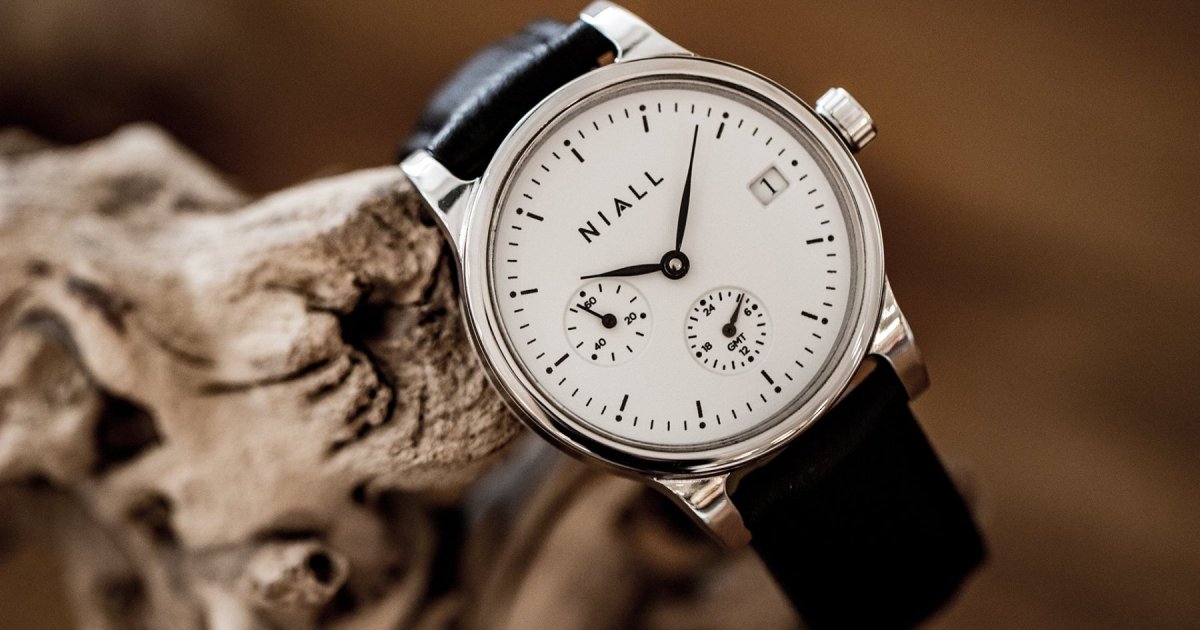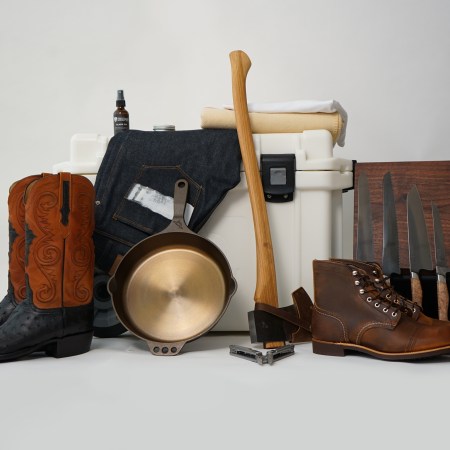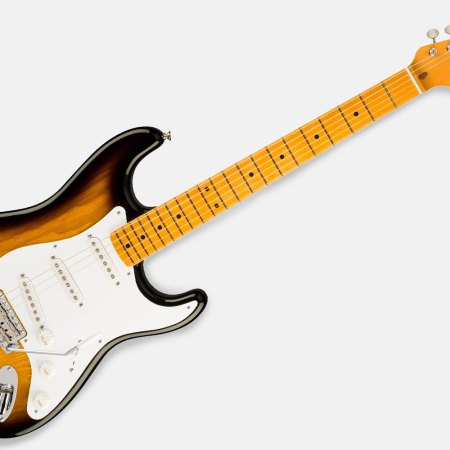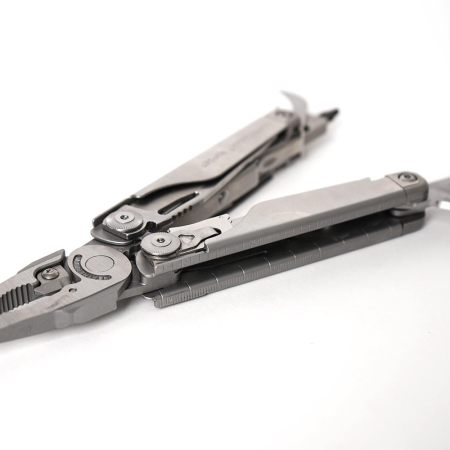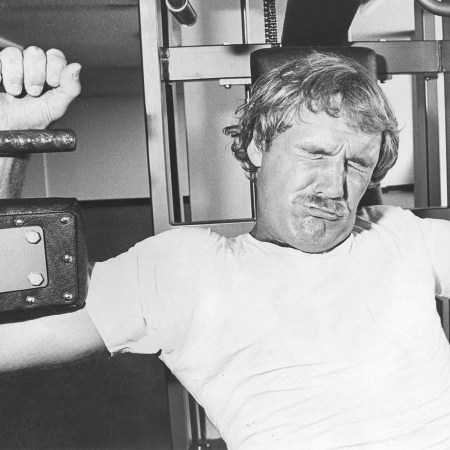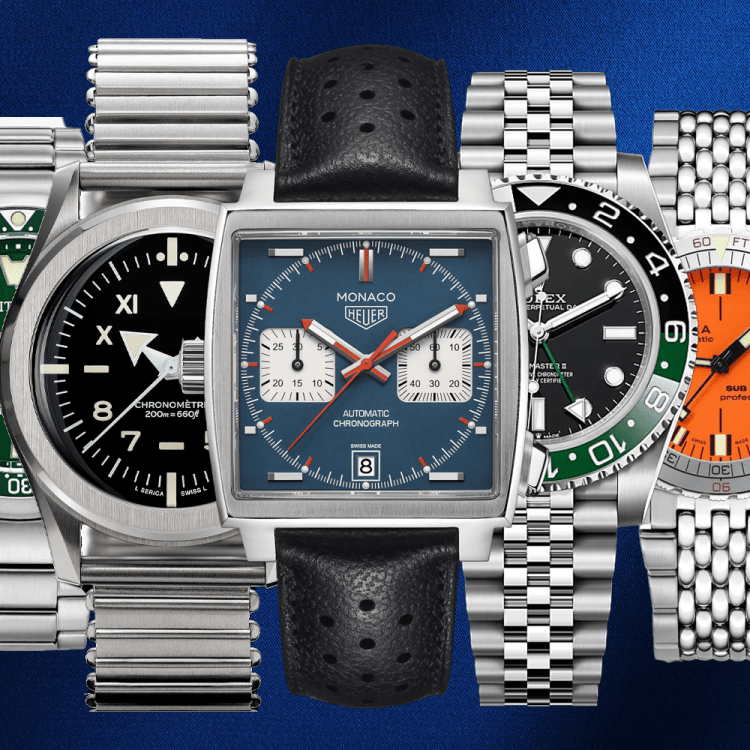The FTC is clear and unwavering on their definition of what it takes for a company to bear the “Made in USA” label:
Made in USA means that “all or virtually all” the product has been made in America. All significant parts, processing, and labor that go into the product must be of U.S. origin. Products should not contain any — or should contain only negligible — foreign content.
In the world of watches, though, that’s a nigh impossible standard to live up to, and one that drew significant attention when the FTC demanded that Detroit brand Shinola, which assembles its watches in Detroit but sources its quartz and mechanical movements from Lausen-based Ronda AG, remove a “Where American Is Made” slogan from its products in 2016.
A watch is an amalgam of scores of tiny, meticulously engineered pieces, and one country — Switzerland — has claimed a decades-long monopoly as the standard bearer. (It should be pointed out that Swiss watches, which adhere to their own set of regulations, require only 60% of the total production cost to be native.) If it weren’t for the availability of out-of-the-box, expertly engineered and tested Swiss movements, the recent renaissance in independent American watchmaking simply wouldn’t have gotten off the ground.
We’re talking about a niche, luxury item that is often released in batches of just 50-100 pieces. To yield a profit on those short production runs, it isn’t viable for upstart horologists to produce all of their own materials, some of which can take dozens of hours of highly skilled labor to yield.
So today, we’re going to attempt to cipher a new definition of Made in America, at least where timepieces are concerned:
An American watch should not be designed in America and then produced entirely overseas. Some aspect of the actual, physical production — whether manufacturing, assembly or, in at least one case below, intricate manual engraving — must involve an assiduous pair of American hands.
So who makes the grade?
From a Colorado-based operation that upcycles vintage pocketwatch movements to an L.A. artisan who hand-etches vintage Rolexes, you’ll find 10 tickers below that celebrate the best of American craftsmanship.
Your move, Basel.
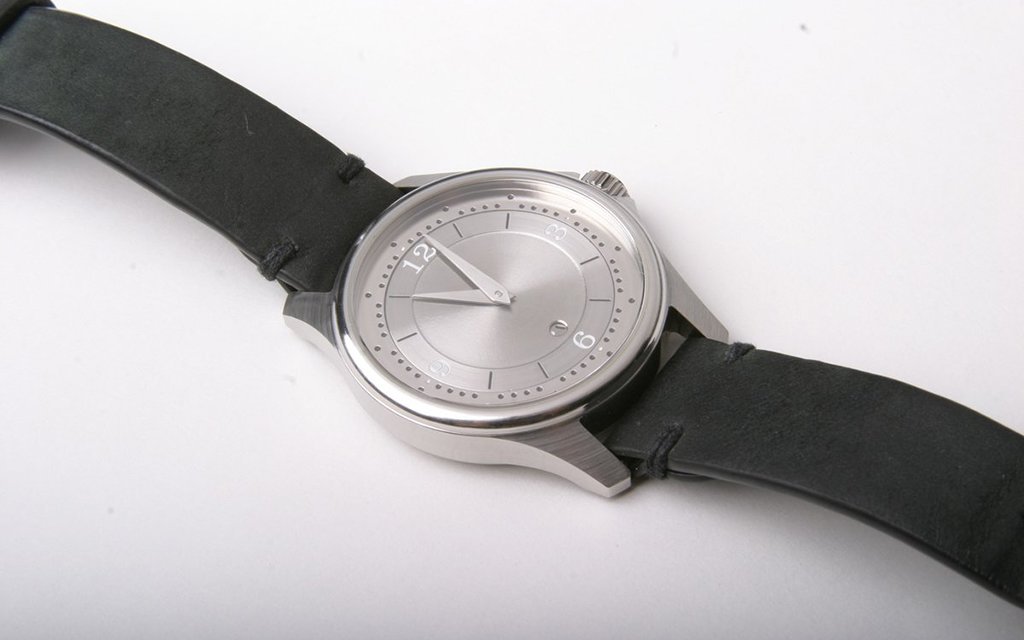
SCHON DSGN
Massachusetts
A penmaker by trade, Ian Schon recently began producing a collection of one-of-a-kind watches that combine Swiss-made, manual-wind Doxa 100 caliber movements with stainless-steel and titanium structural components (hands, dials, cases) he hand-machines himself. Every watch is a one-of-one, made-to-order design.
Our pick: The Watch Collection
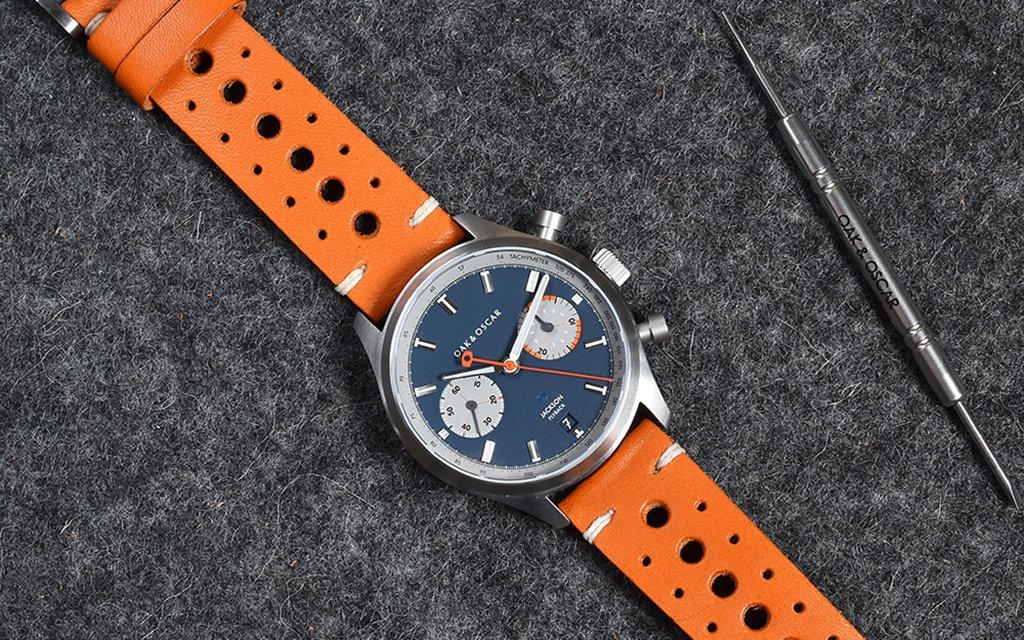
OAK AND OSCAR
Chicago
Featuring a Swiss-made Eterna Caliber 3916M movement and perched on a snazzy strap from Indiana leatherworkers Woodnsteel, Oak and Oscar’s latest watch is available in a highly limited run of just 400 pieces. And once it sells out? That’s all, folks. Founder Chase Fancher and his team will head back to the drawing board and design their next ticker (the Jackson is their third).
Our pick: The Jackson Flyback
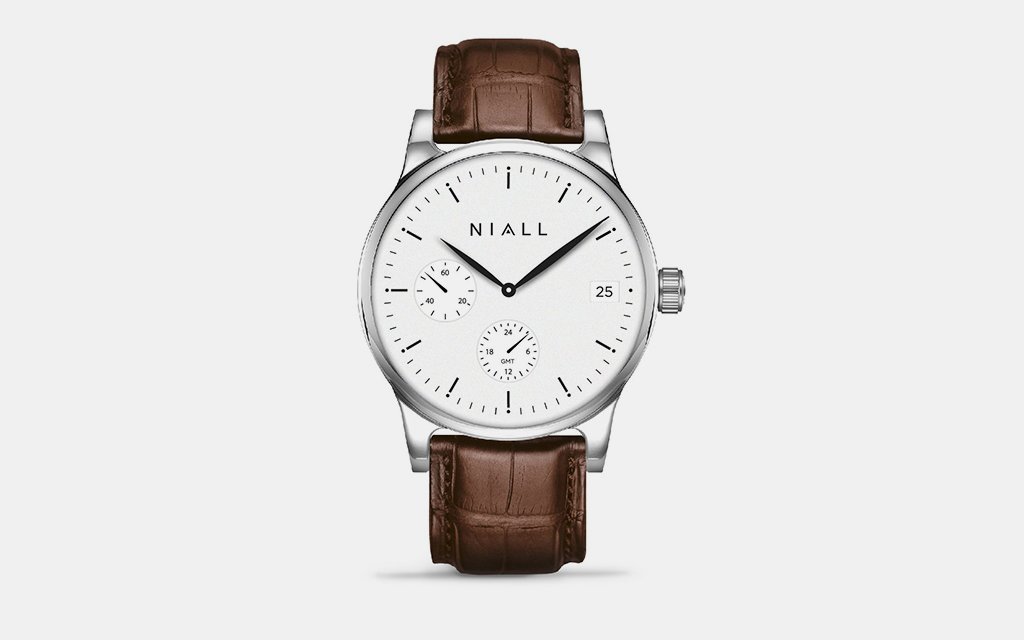
NIALL
Kansas City
This Midwestern upstart sources everything from its bezels to its crystal cases from U.S. partners — except for, of course, the time-honored Swiss movement. Also of note? They make special editions (like the Legacy and Fieldhouse Blue) that pay homage to storied American sporting franchises.
Our pick: The GMT
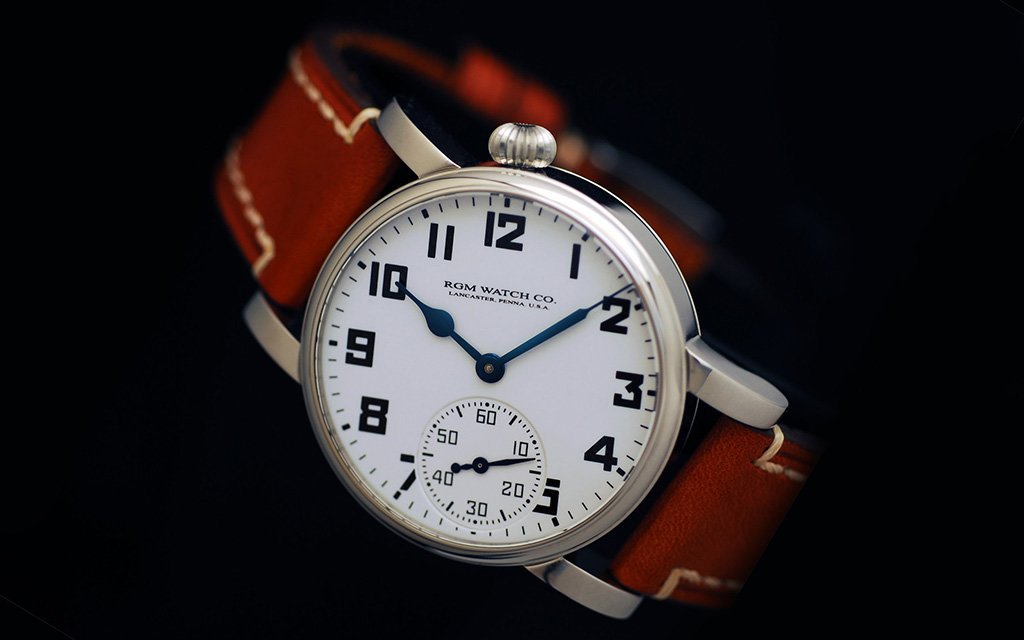
RGM WATCH CO.
Lancaster, PA
One of the only U.S. companies that makes its movements in-house (so far they’ve built three), this 25-year-old label is perhaps the closest thing to an FTC-certified “made-in-USA” horologist — alas, their dials come from Switzerland.
Our pick: The Model 222-R
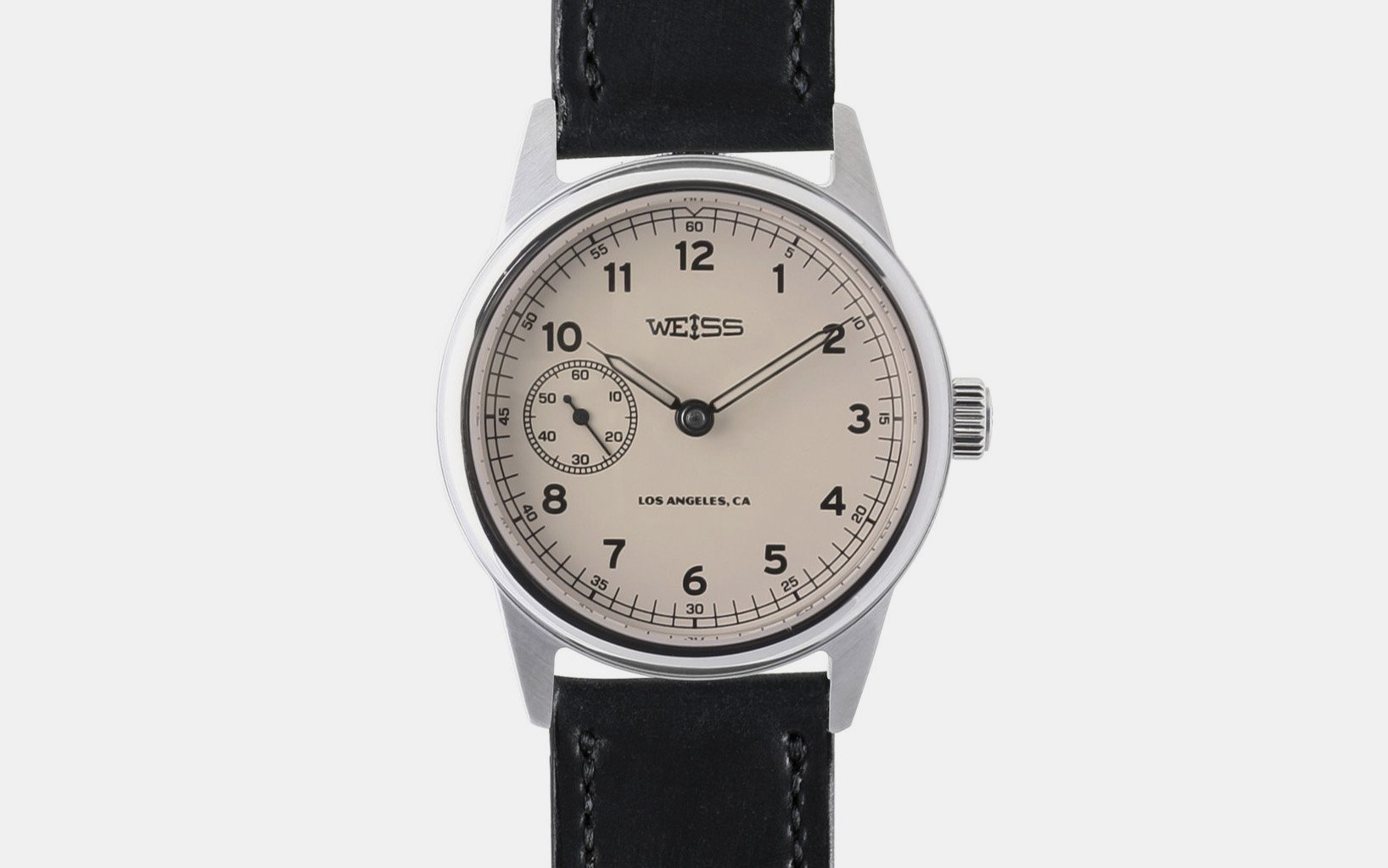
WEISS WATCH COMPANY
Los Angeles
A former student of horological titans Audemars Piguet and Vacheron Constantin, Cameron Weiss now cranks out 500-piece runs of his own designs in Los Angeles. He tools everything by hand (each watch takes 60-100 hours to make), right down to the USA-made CAL-1003 movement, and keeps the design refreshingly simple: five years into his project, the only model he makes remains the American Issue Field Watch, though it’s available in a number of dial colors and finishes.
Our pick: The American Issue Field Watch
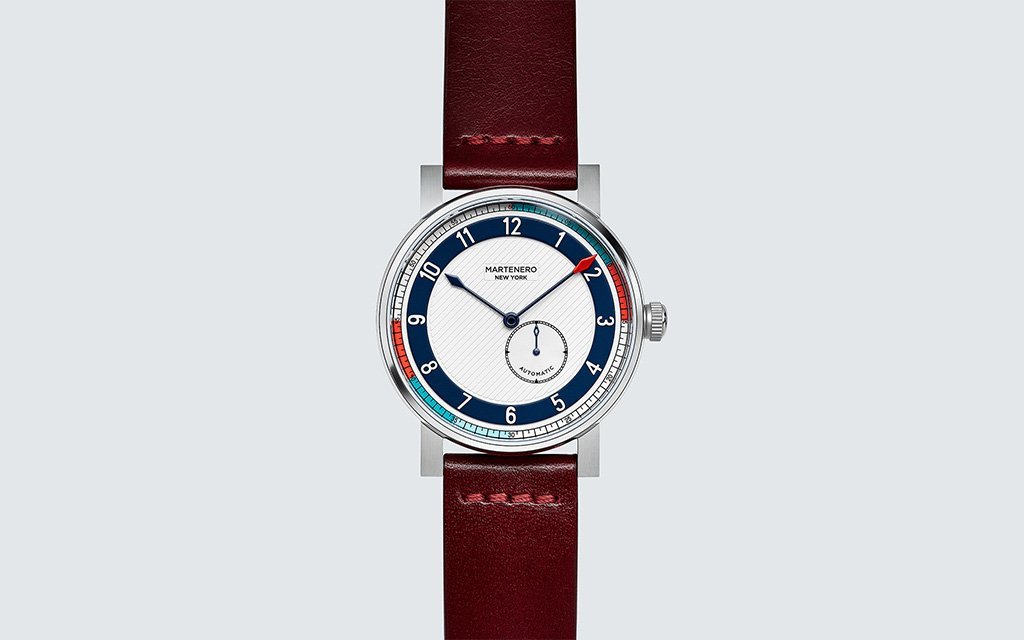
MARTENERO
New York
“We’re based in the U.S., and we make some things domestically: straps, assembly, quality control and testing,” says Martenero founder John Tarantino. “So not totally made in the USA, but we’re getting there little by little.” They’re also exceedingly affordable: all of their watches check in under $600, a rarity for mechanical timepieces.
Our pick: The Edgemere
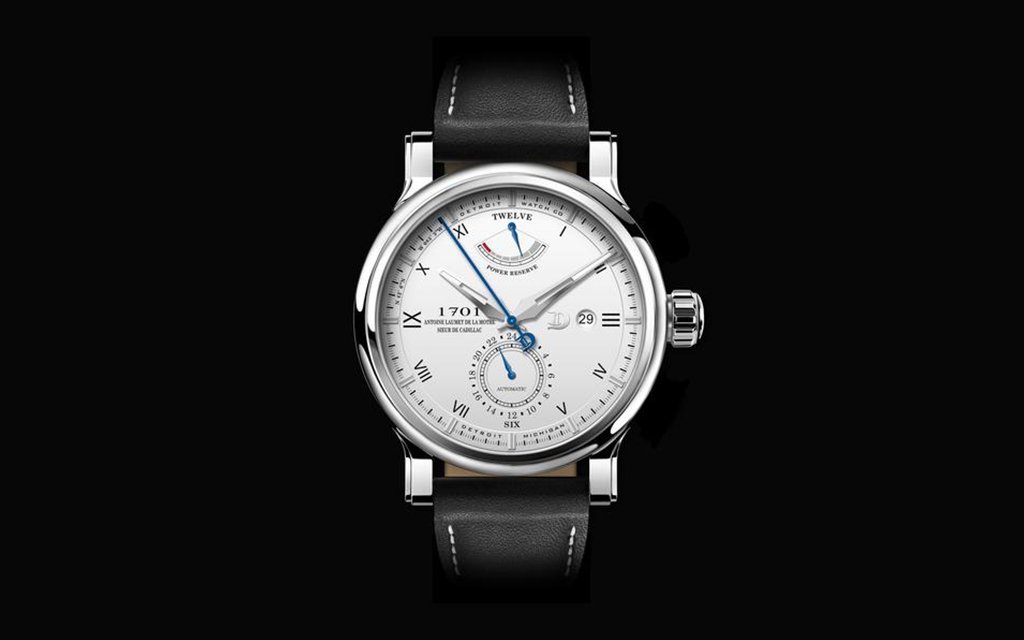
DETROIT WATCH CO.
Detroit
DWC, which assembles its watches in — you guessed it — Detroit, prides itself on another tenet of the American-made ethos: hands-on, expeditious service and repairs. “[They] are usually on their way back to the owners in 48 hours,” founder Patrick Ayoub told Gear Patrol.
Our pick: The 1701
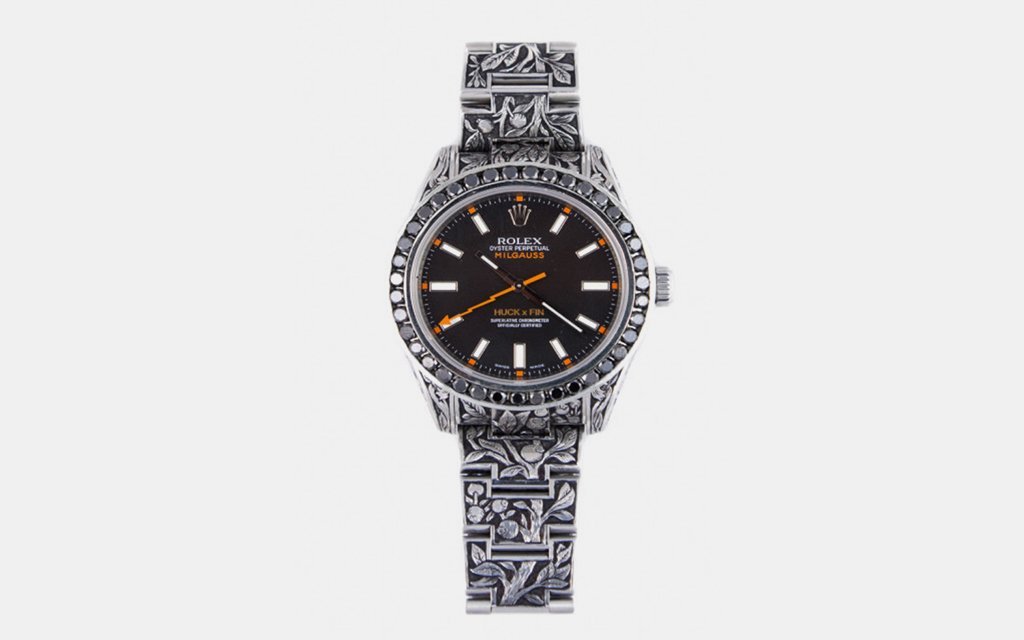
HUCKLEBERRY LTD.
Los Angeles
L.A. jewelry maker Jason Hoehn and his friend Nick Potash (a gunmetal engraver who operates out of a van by the ocean) don’t technically make any watches. Nonetheless, they achieve something wholly singular in American horology. Jason procures aftermarket Rolexes and hands them off to Potash, who then completes the 140-hour task of hand-tooling them to look to as badass as an outlaw’s pistol.
Our pick: The Huck x Fin I
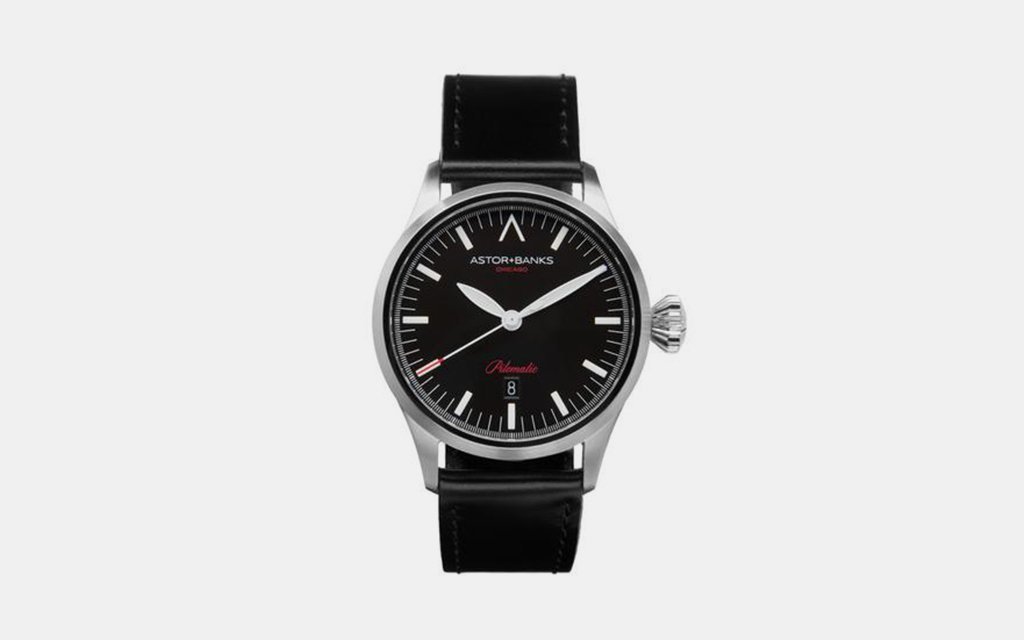
ASTOR & BANKS
Chicago
Astor & Banks sources top-shelf components from parts abroad (hefty German-made cases, Swiss self-winding movements), and then assembles them by hand in a workshop in Chicago’s West Loop. Similar to their compatriots at Oak and Oscar, every model comes in limited runs of just 50 pieces. Their next release — the Chrono Series 3 — will hit shelves (and then nearly as quickly leave them) later this year.
Our pick: The Pilomatic
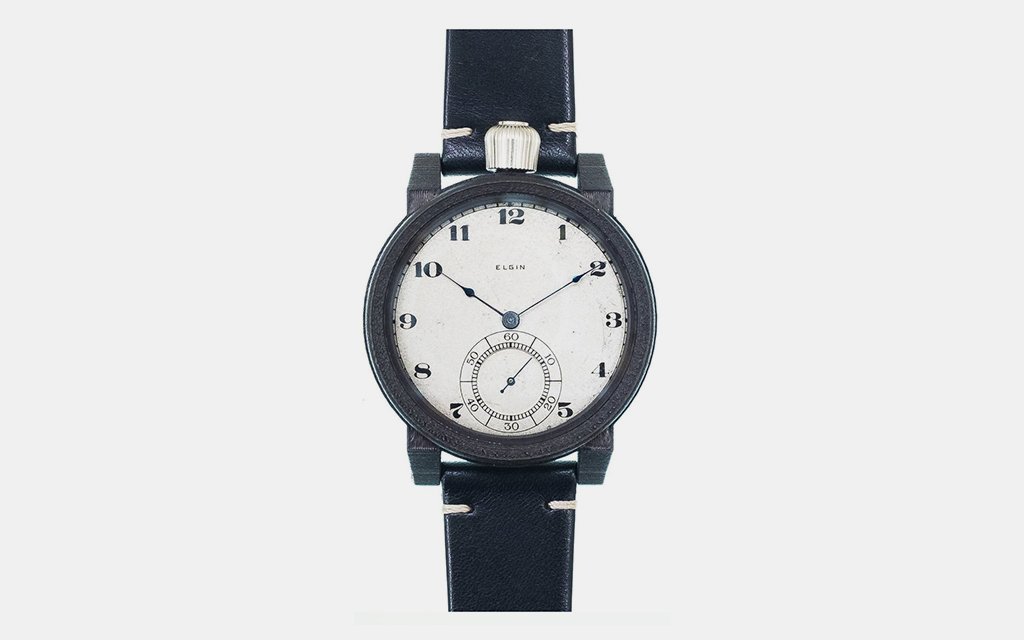
VORTIC WATCHES
Fort Collins, Colorado
Vortic Watches was established in 2015, but their watches were born more than 100 years ago: their American Artisans Series pairs vintage American pocketwatch movements with 3D-printed steel cases.
Our pick: The Chicago 129
This article was featured in the InsideHook newsletter. Sign up now.
